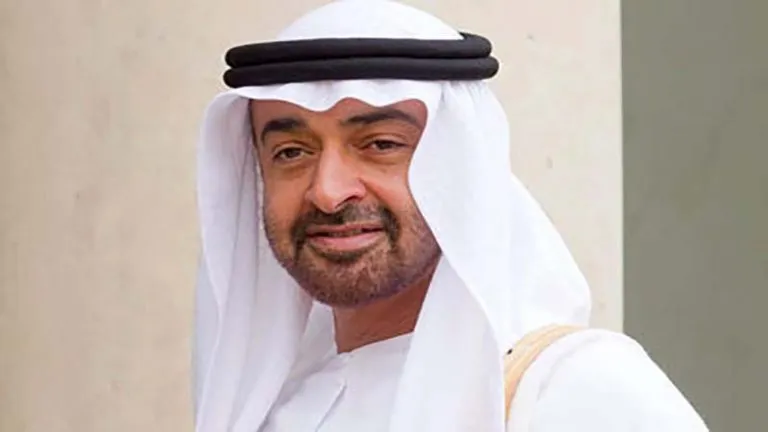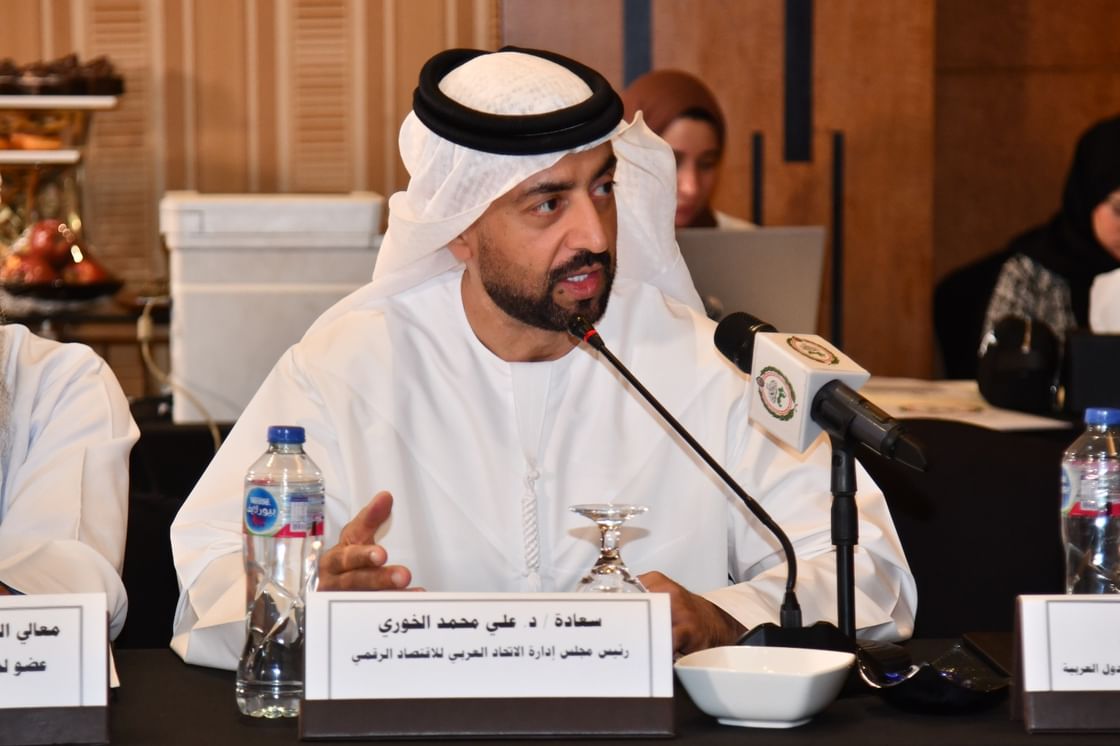December 17, 2018
The second day of the first Arab Digital Economy Conference, currently hosted by Abu Dhabi, began under the patronage of Sheikh Mohammed bin Zayed Al Nahyan, Crown Prince of Abu Dhabi and Deputy Commander-in-Chief of the UAE Armed Forces.
The first session featured a film explaining the Arab Digital Economy Strategy. Christopher Ferguson, Director of National and International Research at the UK Prime Minister’s Office, and Richard Kirby, Chairman of the Strategic Review Committee, presented a report on the Arab Digital Strategy Review Committee.
Dr. Ali Al Khouri, Advisor to the Council of Arab Economic Unity and Chairman of the Arab Federation for the Arab Digital Economy, stated that the importance of this conference lies in highlighting the perspective from which countries must reconsider their approach to the new frameworks of global economies to develop their systems and operating mechanisms. Traditional development methods and tools will not lead to sustainable economies at the required level and speed.
He added that the importance of a comprehensive vision, scientific planning, and meticulous practical implementation is what the League of Arab States believes in through this ambitious economic project, titled the Joint Arab Vision for the Digital Economy.
He pointed out that political stability requires social stability, and that social stability can only be achieved by building the foundations for economic stability. Setting the right balance is not as easy as repeating it. Today’s economy no longer operates based on enhancing growth levels simply to raise them, but rather on the outcomes of its components, such as education, health, and knowledge production in society, all of which represent the driving forces behind building sustainable economies.
Al-Khouri pointed out that international efforts led by international organizations such as the World Bank, the United Nations, and other organizations represent a global map of what is possible and what countries must work towards. He explained that the greatest example is the situation of European countries after World War II, and the state of devastation that brought economies and infrastructure to the brink of collapse. These countries rallied, united, and worked together, returning to square one and building on it. They operated based on the concept of shared interests, and today they have become one of the most important driving economic forces in the world.
He pointed out that strengthening the global peace system comes through spreading awareness and social education, and, most importantly, opening the doors to skill development, regional and global cooperation, and moving away from competition as a purely commercial concept to integration as a strategic concept.
Dr. Ali Al Khouri expressed his gratitude and appreciation to Sheikh Mohammed bin Zayed Al Nahyan, Crown Prince of Abu Dhabi, for his support of the conference and his commitment to ensuring that it represents another milestone in Arab-Arab and Arab-international cooperation. He emphasized that this initiative will be recognized as one of the UAE’s achievements and the UAE government’s endeavors to provide to the Arab peoples and the world.










